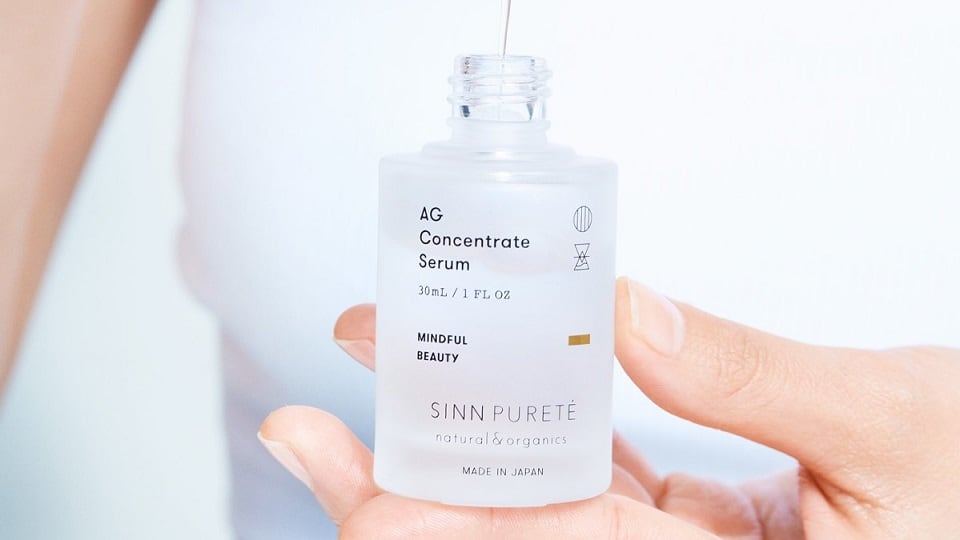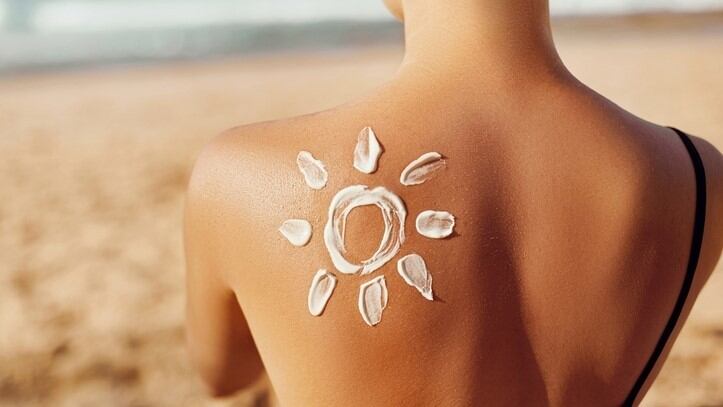1 – China skin microbiome: Females with sensitive skin have less species diversity and richness
Females with sensitive skin have less microbiome diversity and richness compared to those with normal skin, according to a study conducted in China.
Funded by the Guangzhou Science and Technology Program, the research also found that people with sensitive skin had lower hydration levels, higher levels of Neisseria genus, and lower levels of Neisseriaceae family, which is likely due to the weaker microbial barrier.
Sensitive skin causes itching, dryness, redness, and swelling, after exposure to dry and cold climates, or cosmetic products due to the damaged skin barrier function. Globally, self-declared sensitive skin is observed in about 70% of the adult population.
Similar to the gut microbiome, every individual’s skin carries a unique microbial population, so researchers in China sought to analyse skin microbiome in 60 female subjects in Guangzhou with normal skin or sensitive skin.
2 – ‘The hero is the bug’: NZ biotech firm Blis Technology launches new brand with ‘skin-specific’ probiotic strain
New Zealand-based probiotics firm has made its debut in the cosmetics space with its new skin care brand, Unconditional Skincare Co., which utilises a probiotic strain that is naturally found in the skin.
Founded two decades ago, Blis Technologies Limited is a biotechnology company that manufactures advanced probiotics for the mouth and throat.
It has recently entered the skin care space with the development of BLIS Q24, a patented micrococcus luteus strain that features in the brand as the key active ingredient.
BLIS Q24 acts as ‘crowd control’ to reduce the number of bad bacteria in your microbiome. During its life cycle, it produces postbiotics, which combat bad bacteria while helping to modulate the skin’s immune system.
3 – Ultimate upgrade: Shiseido’s latest Ultimune serum taps into breakthrough research on blood circulation
The fourth iteration of Shiseido’s best-selling Ultimune serum showcases the company’s research into the correlation between blood circulation and skin health.
The latest serum feature’s Shiseido’s The Lifeblood technology as well as new ingredients Houttuynia cordata and fermented hibiscus Extract.
Shiseido’s latest dermatological discovery, dubbed the Lifeblood Research, dove into the significance of blood circulation and its relation to skin health and its appearance.
“The latest ground-breaking Lifeblood Research involves fundamentally improving the skin by constantly enhancing blood flow. It is different from conventional skincare technology, which only deals with individual skin concerns temporarily and only on the surface level,” said Ryota Yukisada, chief brand officer of Shiseido.
4 – Power of sandalwood: Quintis to double down on cosmetics market on the back of antioxidant effectiveness
Australian sandalwood supplier Quintis is eyeing new opportunities in the cosmetic space after a peer-reviewed study showed that it is a more potent antioxidant than vitamin E.
Quintis Sandalwood is a supplier of Indian and Australian sandalwood raw materials, including oil, powder, logs and chips.
It supplies sandalwood materials to multiple industries for use in fragrance, cosmetics, as well as incense and religious carvings.
The firm owns and manages an Indian sandalwood plantation that spans over 12,000 hectares across northern Australia and is home to more than 5.5 million trees.
5 – Herbal cream formulated with ginger, turmeric and Chinese cinnamon may slow wrinkle formation
A herbal cream formulated with ginger, turmeric, Chinese cinnamon and Atractylodes chinensis extract was found to improve wrinkle formation among female subjects with soft and delicate skin, suggesting that it may help prevent or slow skin ageing.
The randomised, double-blind, placebo-controlled study was conducted in South Korea, which recruited 21 female subjects between 35 to 54 years old, had wrinkles, and classified as having So-eum skin (SE).
Based on the Korean system of Sasang constitutional medicine, SE type individuals have soft and delicate skin. Other types include the Tae-eum (TE) which have thin and white skin, Tae-yang (TY) for its thick and rough skin with large pores, and So-yang (SY) which have thin, smooth and resilient skin.
In this study, a herbal cream (1%) was formulated specially, containing the extracts of Zingiber officinale Roscoe (ginger), Atractylodes chinensis (Bunge) Kodiz, Curcuma longa L. (turmeric) and Cinnamomum cassia (L.) J.Presl (Chinese cinnamon).





